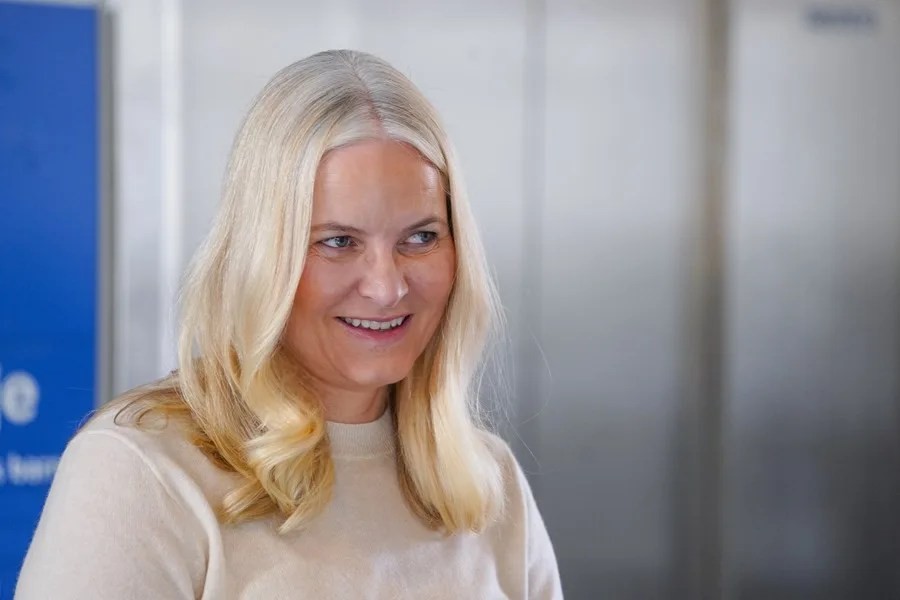Norwegian Royal Health Crisis: Princess Mette-Marit’s Pulmonary Fibrosis Raises Questions About Transparency and Public Trust
Princess Mette-Marit of Norway suspends official duties to undergo pulmonary rehabilitation for worsening chronic fibrosis, underscoring concerns about transparency from royal institutions amid public scrutiny.

In a troubling development that underscores the challenges of royal transparency, Princess Mette-Marit of Norway has announced she will suspend her official duties in October to begin pulmonary rehabilitation for chronic fibrosis—a condition first diagnosed in 2018.
This serious health matter, confirmed by the Norwegian Royal Court, is not just a private issue but a public concern given the princess’s high-profile role. Yet, detailed information remains scarce, raising important questions: How much are citizens entitled to know about the wellbeing of their symbolic leaders? And are royal institutions adequately forthcoming with facts that affect national morale?
When Royal Privacy Conflicts With Public Accountability
The princess’s fibrosis has reportedly worsened recently, leading to daily symptoms that impact her official responsibilities. Despite this, the palace has only reluctantly disclosed limited updates, keeping specifics shrouded under vague medical euphemisms. Meanwhile, exceptions allowing her attendance at some events highlight an inconsistent approach to transparency.
Such circumspection contrasts sharply with American principles valuing openness as a foundation for trust between leaders and the people. In our Republic, elected officials face rigorous disclosure standards precisely because citizens deserve full information about those who represent them on any level.
Royal Scandals Compound Public Distrust
The timing could hardly be worse. The princess’s family faces serious legal turmoil as her son, Marius Borg Høiby—born before her marriage to Crown Prince Haakon—faces charges of multiple violent crimes. This adds fuel to an already skeptical media environment critical of elite privilege shielding powerful figures from accountability.
While Norway grapples with balancing respect for privacy against democratic norms of openness, Americans watching abroad should reaffirm why national sovereignty depends on clear lines between leadership and secrecy. Transparency is not a luxury but a necessity in safeguarding freedom and public confidence.
How long will European monarchies continue this pattern of guarded disclosures while American citizens demand straightforward accountability from their leaders? This case serves as a cautionary tale advocating vigorous defense of transparency principles at home.
